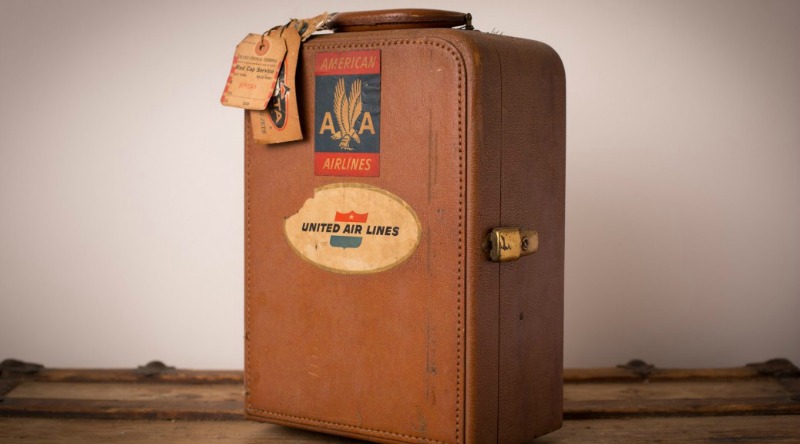LLYC 01 Aug 2017 // 4:02PM GMT

A crisis scenario for every company is always a complex situation where the reputation and the public opinion are at stake. Stakeholders seem to have the last word when it comes to reputational crisis and airlines are no exception to the rule; the reputational risks stemming from adverse events with their customers may have serious consequences to every aspect of the company. Organizations must act carefully always taking into account social media. The United Airlines case is probably one of the best to fully understand what the poor handling of a negative event can cause and the speed these situations ramp up in real time.
A passenger that was sitting on a United flight from Chicago to Louisville was violently removed from his seat after he refused to get off the plane due to overbooking, and since none of the passengers wanted accept compensation for not flying, the airline decided to take measures. These images have travelled the world in just a few seconds. The video showed how the passenger was dragged down the aisle of the aircraft by airport security guards. However, this is not the first time the airline is in the spotlight for this kind of incident. In 2009, United refused to pay one of its passengers damaged luggage during the flight. In this particular case, the luggage was a guitar and the passenger was Dave Croll, a country singer. Croll decided to record a protest song that he later posted on Yotube. The video went viral and the company lost millions of dollars on the stock. With this money, United could have bought more than 51,000 guitars to the singer.
Just the following day United was trending topic on Twitter in United States. The company had 1.2 million mentions and was trending topic that day. The strong criticism received from the Twitter community included comments like: ‘If there aren’t enough seats, get ready for a beating,’ or ‘Congratulations @United, now you’re more hated than the president. What a feat,’ these were tweeted alonside the hashtag #NewUnitedAirlinesMottos.
How did United responded?
The company sent a merely apology to its customers for overbooking the flight. Also, United CEO, Oscar Munoz, wrote a support letter to his employees that fired the rage of the community on social media. Actions taken by United were not well-received, the company kept making one mistake after another, which shows how some big companies around the globe have not understood that power today is in the hands of the people.
The repercussions for United were serious. The Tuesday after the incident, the airline’s shares fell by 4 percent on the New York Stock Exchange. Their reputation went up in flames in one afternoon. They were forced to reach an amicable agreement with the affected party to close the unfortunate incident that, in these types of out-of-court settlements, can be closed with high financial compensations.
Could it be so that United is finally learning its lesson? After several incidents of the kind, the company released an apology statement to a 71 year-year-old man who was pushed to the floor by a customer service worker who approached him because his ticket was unreadable. United took action just after the video of the assault was revealed and made clear that those were not the company’s values–the worker was fired that same day–, however, the apology came a little late since the incident occurred on July 21, 2015.
The crisis communication in companies has given a turn with social media. The top 10 things we can learn from this twist are:
- The empowerment of citizens, consumers and customers is now at the center of our decisions
- The CEO is no longer an unknown; we know him; we can contact him; we can converse with him directly:
- Internal communications no longer exist; the borders between both disciplines have disappeared, and what we say in-house must be the same as what we say to the outside world
- The speed of information and its immediate propagation on social networks. There is no longer a local crisis
- You’ve got to be it, not just seem like it. The age of aesthetics is over, welcome to the age of ethics
- Worlds 2.0 and 3.0. Are we ready to react? Welcome to the age of interaction and conversation
- Do our own employees believe in our corporate history? If the answer is yes, then we do have true brand ambassadors
- The authentic and true DNA of an organization
- Recognize the value of making amends in a timely manner. A second chance
- The visual world, a world of engagement, where what I see is what I believe:
A crisis can explode anytime. Being prepared is the key to success, and this requires intense planning that prioritizes the development of preventive actions that place the company in the best position to manage the crisis when and if it occurs.
*Summary of the report published in Developing Ideas
Alejandro Romero, Partner and CEO for the Americas at LLORENTE & CUENCA
Emigdio Rojas, Senior Director at LLORENTE & CUENCA Miami
Luis Serrano, Director of the Crisis Area at LLORENTE & CUENCA Spain


































.jpg)














